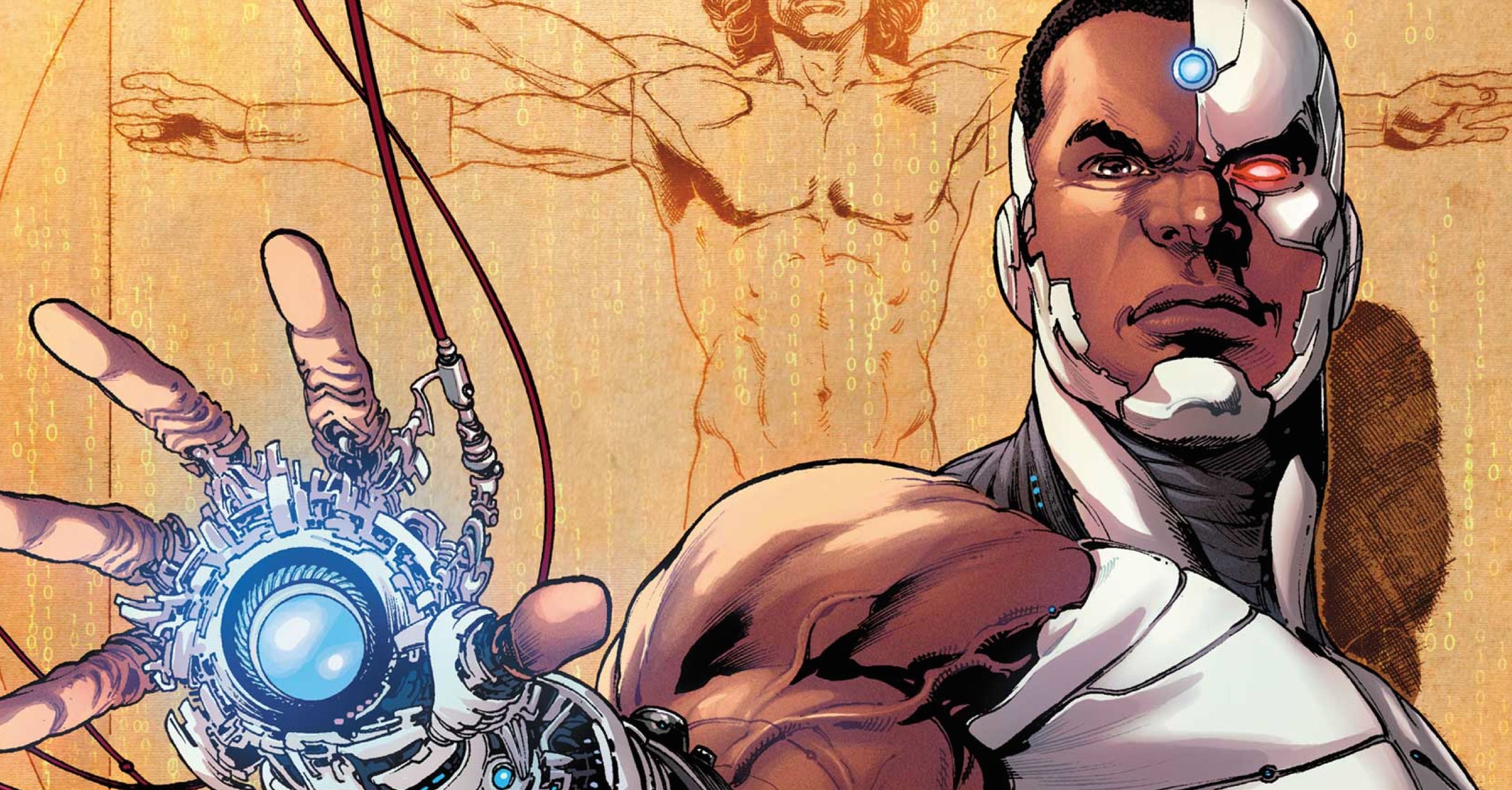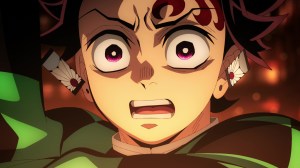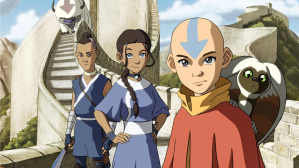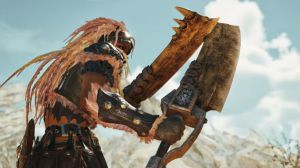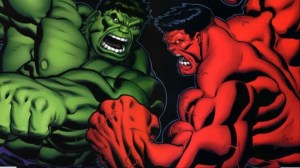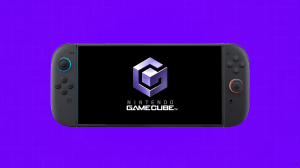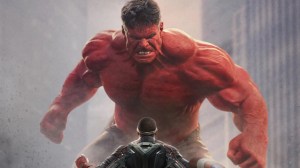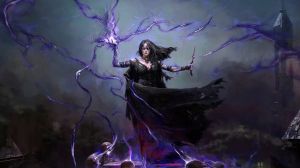Cyborg has finally received a long-due publishing upgrade. David Walker, Ivan Reis and Joe Prado’s new Cyborg series, out this week, is an intriguing look at an under-serviced yet central member to the current DC Universe. Originally a member of Marv Wolfman and George Perez’s classic Teen Titans, DC reintroduced Cyborg as a founding member of the Justice League during its New 52 relaunch. While five of the six other founding Justice League members received their own solo books during DC’s 2011 relaunch, Cyborg has only enjoyed an ancillary spotlight in Justice League until this month.
Videos by ComicBook.com
Cyborg #1 is an important book for DC as it represents the first time the character, which will appear in several DC themed movies over the next few years, stars in his own series. And Victor Stone is coming out of the gates strong. Cyborg is a deeper book than your typical superhero fare. Just in the first issue alone, the comic touches upon Cyborg’s internal inadequacies with his own humanity, his troubled relationship with his father and the age old moral question as to why superheroes don’t use their advanced technology and resources to cure mortal illnesses. But what really sets Cyborg apart is its indirect commentary on cultural appropriation.
To delve into textbook territory for a moment, cultural appropriation is when a dominant culture or group of people adopts elements from another culture, like when Christian missionaries adopted pagan symbols as its own during its expansion into Western Europe. The practice carries a negative connotation due to the unequal power balance between the original culture and its assimilators. And, it typically reduces and distorts a culture’s ideas and symbols without recognizing their cultural importance or significance.
Two recent incidents have touched upon the comics industry’s relationship with cultural appropriation. Marvel faced criticism for their release of a series of “Hip Hop” themed variant covers during a time when the publisher has zero African-American creators writing or illustrating a Marvel comic. JG Jones and Mark Waid, creators of the new Boom! miniseries Strange Fruit, faced similar complaints for their problematic and tone-deaf handling of a story set in the Jim Crow era South.
It’s interesting, then, that the Cyborg “sneak peek” comic released in May perhaps touched on cultural appropriation when a militant group called the Tekbreakers attacked Cyborg and forcibly removed his arms, branding him a thief for his unauthorized use of alien technology. This week’s Cyborg continued on that theme when a second evil group of aliens called the Technosapiens assault the Tekbreakers and assimilate Cyborg’s weaponry into their bodies. If that weren’t enough, they then launched a hunt on Cyborg for the rest of his technology. Meanwhile, after a near death experience with the Tekbreakers, Cyborg discovers a new layer to his repurposed technology, perhaps mirroring the unintended consequences that come with cultural appropriation.
Both Cyborg and the Technosapiens represent some form of cultural appropriation. The Technosapiens are the clearest example, a technologically superior and powerful group assimilating others’ technology for their own use. The promise of the Technosapiens ripping Cyborg’s parts from his body and physically assimilating them is a striking visual example of what cultural appropriation represents. Cyborg represents a more imperfect example, one that features the repurposing of another culture without the typical power balance.
So does Cyborg intend to make a statement on cultural appropriation, or is the book just an inadvertent mirror of current events? It’s too early to say for certain, but I think that it’s no coincidence these themes are being touched upon on a book written by David Walker, an expert on Blaxploitation films. Walker told ComicBook.com earlier this week that he wanted to approach Cyborg’s inner struggles with his sense of self differently and focusing on the alien/foreign aspect of his weaponry would be a unique way of framing Cyborg’s own struggles with identity. Much as one of the central debates concerning cultural appropriation is the balance between reverence and exploitation of other’s cultures, Cyborg’s inner struggle focuses on the balance between his understanding of the value of his machinery without being solely defined by it.
I doubt that Cyborg will revolve itself around cultural appropriation, but it’s one of a number of directions that the book can and should explore. The New 52 version of Cyborg represents a unique platform in superhero comics where the exploitation and assimilation of other cultures could be explored. It’s a sensitive and tricky subject to discuss, but the creative team of Cyborg is poised to advance the debate at a time when it’s needed most.
What did you think of Cyborg and its commentary? Let us know in the comments.


